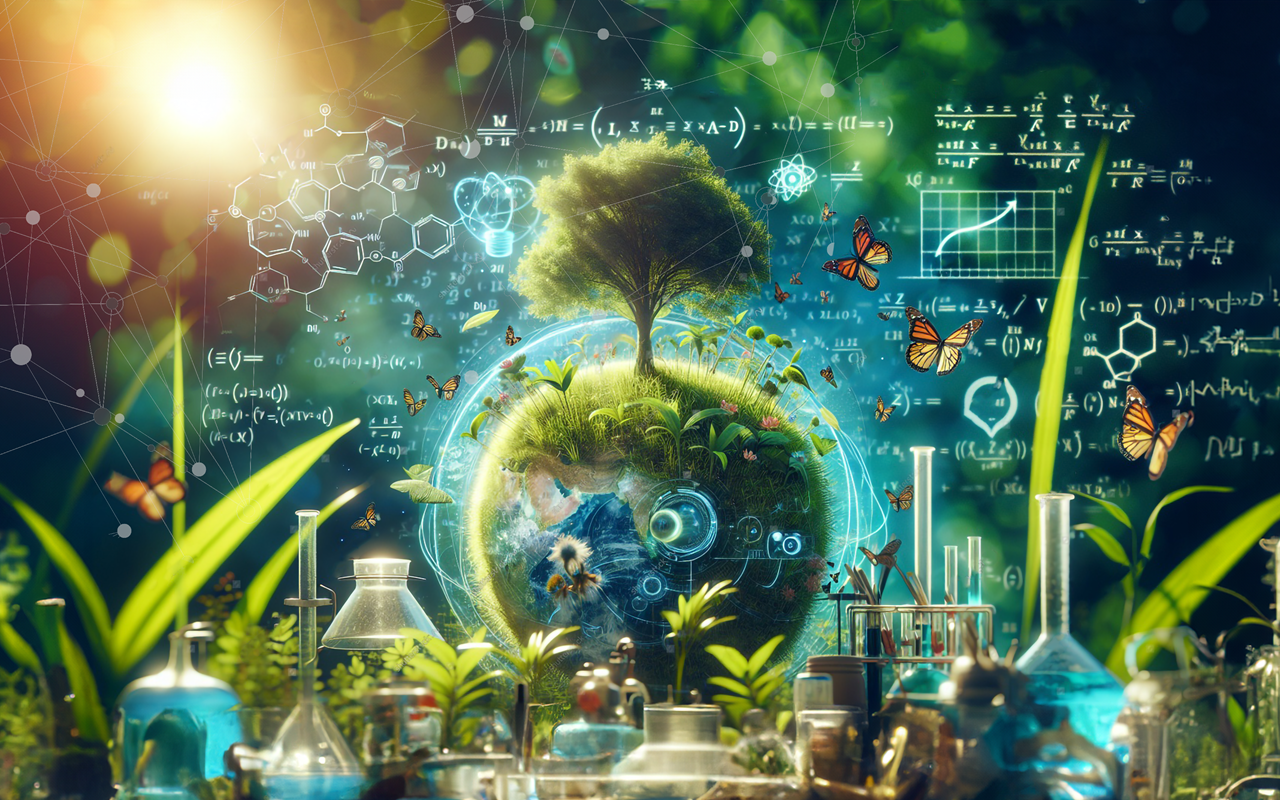stc
From the organisms to the environment
3rd grade of Gymnasium, 2nd grade of Lyceum

Required, call 210 9469641, from Monday to Friday 9:30-16:30
60 minutes
The dates and times shown are indicative and can be altered upon request in advance. Any science experiment demonstration can be arranged to take place between Monday and Friday from 09:00 to 15:00.
120 students
3rd grade of Gymnasium, 2nd grade of Lyceum
Meet the ecosystems and how their individual parts interact
How do ecosystems capture the energy they need? Where do organisms find the building blocks of chemical compounds and how are these recycled? How is it possible that we drink the same water molecules as a dinosaur?
What is the effect of organisms on their environment?
Through a journey that begins from the life of photosynthetic organisms up to the decomposers, students can discover the importance and the effect of individual organisms to their environment.
A series of experiments demonstrate how light is captivated and turned into chemical energy, how living organisms use that energy and how respiration is related to the greenhouse effect. Organic matter decomposers are observed using a microscope, and their importance is highlighted. The water cycle is demonstrated as well as the concentration of pollutants in water masses. Human activities are linked to their effects on the environment, pollutants are traced in water samples and one of the most important pollutants, plastic, is studied.
Topics Covered
- Photosynthesis
- Chlorophyl
- Energy in food
- Respiration
- Soil composition
- Ecosystems
- Microorganisms
- The water cycle
- Water pollution
- Polymers (*Lyceum)
Learning Objectives
- Environmental sensibility and ecological thinking
- Demonstration of complex concepts in a simple, interesting and fun way
- Connection to everyday life
- Experiential learning
stc


